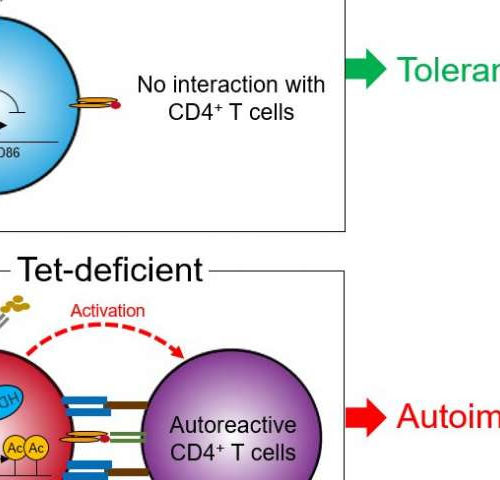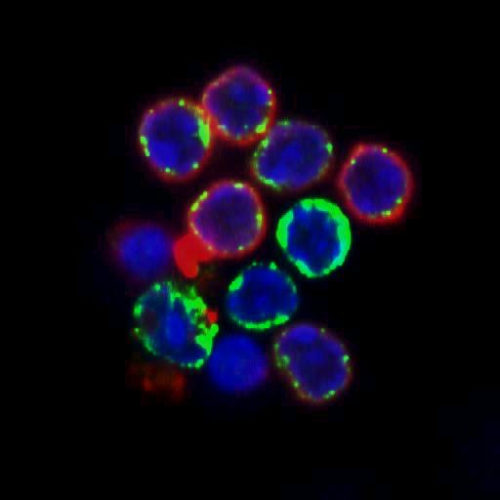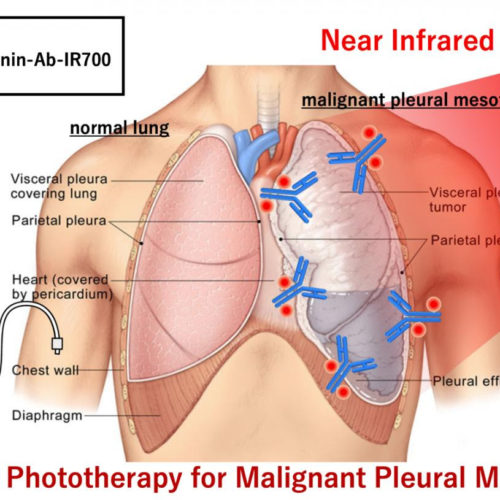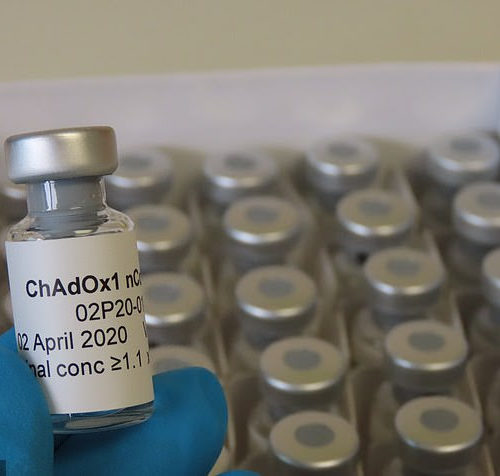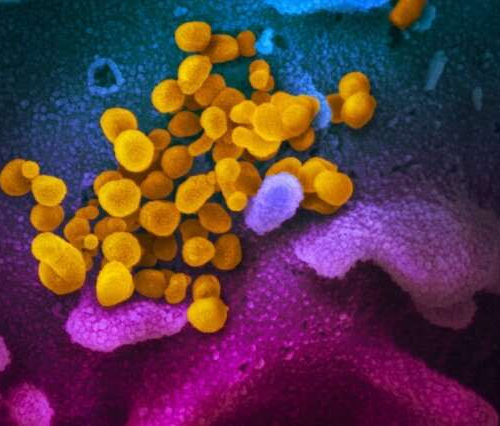by Osaka University Tet-mediated B cell tolerance Tet2/3-deficient B cells are activated by self-antigen and express exaggerated amount of CD86. Then those B cells stimulate autoreactive CD4+ T cells, resulting in autoimmune response. Credit: Osaka University The immune system is supposed to protect from external microbial invaders, but sometimes it turns its efforts inward, potentially...
Tag: <span>Antibody</span>
How the immune system generates a vast antibody repertoire to fight infections
by Research Institute of Molecular Pathology It has long been known that the acquired immune system can generate a vast antibody (immunoglobulin) repertoire by gene recombination in developing B-cells. However, it was not understood how the different immunoglobulin gene segments can meet each other in the three-dimensional space of a B-cell nucleus to undergo recombination,...
B-cell protectors
MAX DELBRÜCK CENTER FOR MOLECULAR MEDICINE IN THE HELMHOLTZ ASSOCIATION THE PROTEIN PDAP1 (RED) IS LOCATED IN THE CYTOPLASM OF B CELLS. view more CREDIT: DI VIRGILIO, MDC Whenever a germ gets into the human body, the immune system usually responds immediately to fight off the enemy attacker. One of our defense system’s most important...
Initial COVID-19 infection rate may be 80 times greater than originally reported
by Pennsylvania State University Many epidemiologists believe that the initial COVID-19 infection rate was undercounted due to testing issues, asymptomatic and alternatively symptomatic individuals, and a failure to identify early cases. Now, a new study from Penn State estimates that the number of early COVID-19 cases in the U.S. may have been more than 80...
Shining light on a malignant lung cancer
A near-infrared light treatment could help manage a rare form of lung cancer THE THERAPY COULD INVOLVE INJECTING A PODOPLANIN ANTIBODY CONJUGATED WITH A PHOTOABSORBER AND THEN SHINING NEAR-INFRARED LIGHT INTO THE CHEST CAVITY. Treating a rare type of malignant lung cancer could improve, thanks to near-infrared irradiation and a cancer-targeting compound. Nagoya University oncologist...
Targeting stem cells: The path to curing poor-prognosis leukaemia
Researchers at Children’s Cancer Institute have discovered what could prove a new and improved way to treat the poor-prognosis blood cancer, acute myeloid leukaemia or AML Researchers at Children’s Cancer Institute have discovered what could prove a new and improved way to treat the poor-prognosis blood cancer, acute myeloid leukaemia or AML. Unlike acute lymphoblastic...
Covid-19 vaccine breakthrough as scientists find giving TWO doses of Oxford University’s experimental jab provokes a stronger immune response
The jab may work best in a two-dose way as the MMR vaccine is given Trials on pigs revealed a ‘booster’ dose led to the body making more antibodies Leading scientist said the vaccine could be ready for October It is already being produced by the Cambridge-based company AstraZeneca Here’s how to help people impacted...
Romosozumab in osteoporosis: Considerable added benefit for women after menopause
Fewer vertebral fractures and fewer other typical fractures in postmenopausal women with severe osteoporosis at high risk of fracture INSTITUTE FOR QUALITY AND EFFICIENCY IN HEALTH CARE Romosozumab is a bone-forming monoclonal antibody used in women after menopause for the treatment of severe osteoporosis if there is a high risk of bone fractures. Having been...
Researchers identify potent antibody cocktail with potential to treat COVID-19
by Deborah Kotz, University of Maryland School of Medicine Researchers at the University of Maryland School of Medicine (UMSOM) evaluated several human antibodies to determine the most potent combination to be mixed in a cocktail and used as a promising anti-viral therapy against the virus that causes COVID-19. Their research, conducted in collaboration with scientists...
Cancer’s reliance on fat could be targeted with new ‘drugs and diet’ treatment
BOSTON UNIVERSITY SCHOOL OF MEDICINE (Boston)–In an effort to improve the survival of patients with myeloproliferative neoplasms, a type of leukemia, researchers inhibited a specific protein (alpha5beta1 integrin) to decrease the number of large bone marrow cells (megakaryocytes) in an experimental model. An increase in megakaryocyte numbers is thought to be the cause of many...

